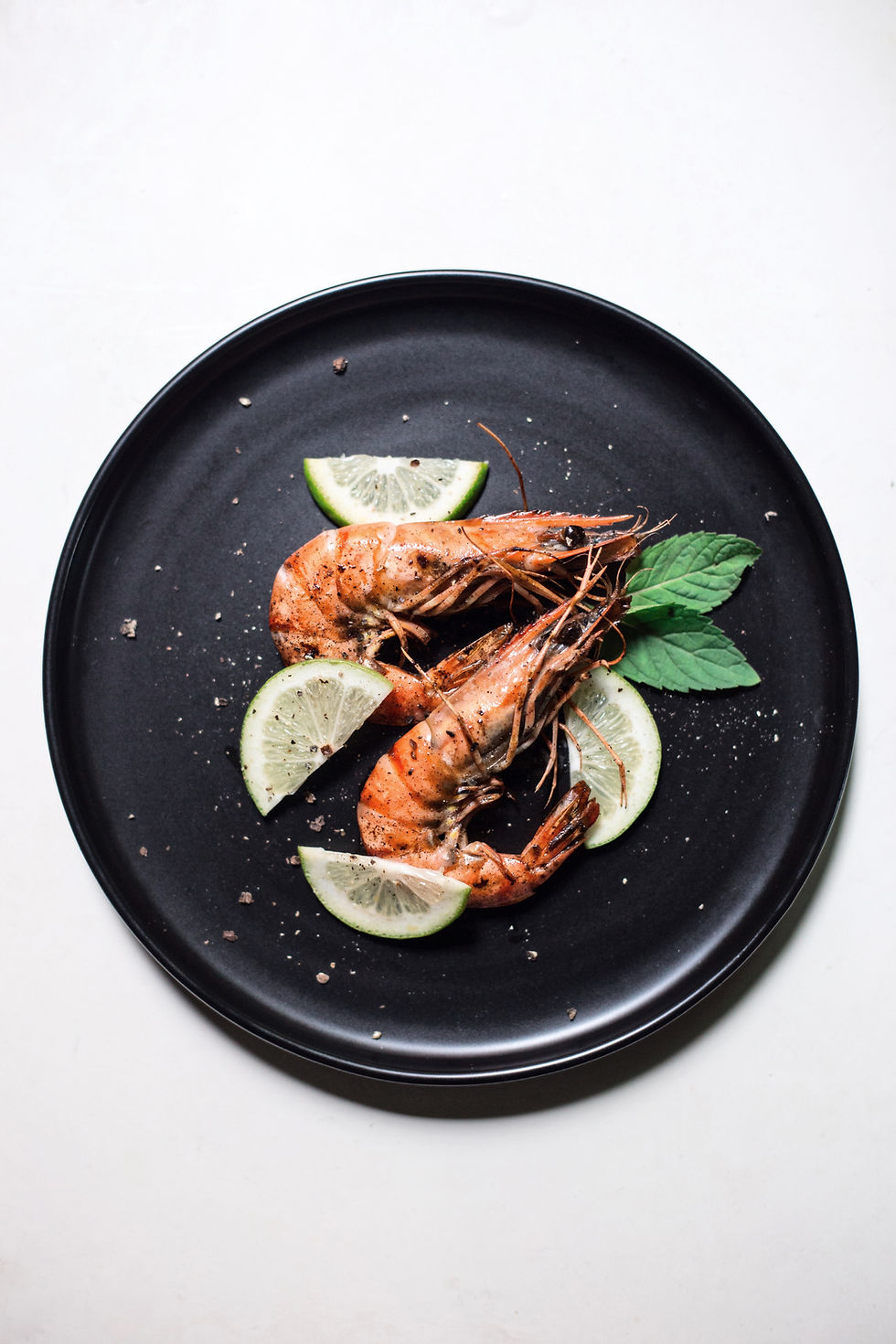For Youthful Skin, Focus on a High Nutrient Diet
- Rajani Katta MD
- Nov 16, 2016
- 3 min read
Updated: Aug 16, 2020

Foods that are rich in Vitamin C, such as broccoli, are linked to more youthful skin
I was speaking to the mother of a friend, and I was struck by how youthful she appeared. She was in her 70s, carried herself very gracefully, and had beautiful skin. Minor wrinkling, and hardly any sagging of the jawline. And I know for a fact that she's never used prescription anti-aging creams or undergone any cosmetic procedures.
We all know individuals like this. And, of course, we all want to know their secret.
Here's what I always want to ask when I meet individuals like this. How much sun exposure do you get? Do you always wear sunglasses? Do you always wear a hat or sunscreen? What kind of foods do you eat?
Researchers take the same approach, but on a much larger scale. Why do some people have more youthful skin as they age? A number of studies have looked at which factors protect against aging of the skin, and which factors accelerate it (apart from the very important factor of sun damage).
In one particular study, over 4000 women underwent a standardized skin exam. The study participants were in their 40s to 70s, and their skin was analyzed and rated for specific features of skin aging. These features included a wrinkled appearance, dryness related to aging, and skin thinning (known as skin atrophy).
And then the researchers started asking questions. Questions about sun exposure. Questions about weight and menopausal status and diet. And they found some interesting correlations.
After taking into account other factors that can impact skin aging--including age, sun exposure, race, weight, and menopausal status--the researchers found that a diet high in certain nutrients correlated with more youthful-appearing skin.
The women with less wrinkles reported eating a diet that was higher in certain nutrients. These nutrients included potassium, vitamin A, and vitamin C.
The relationship between diet and aging skin wasn't just limited to wrinkles. A higher intake of vitamin C correlated to less age-related dry skin, and women who consumed more linoleic acid had a lower risk of age-related dry skin and thinning skin.
What about factors that increased the risk of aging skin? The researchers found that more carbohydrates in the diet increased the risk of wrinkles and skin thinning, although more research was needed.
One important note about this study: the researchers found that supplement use did NOT impact any of these 3 signs of skin aging. The improvement was only noted when these nutrients were consumed via foods.
Studies such as this one help form the basis of my anti-aging dietary recommendations. One of my core recommendations is to "eat power". Eat a high-nutrient diet, which means eating more of the foods that contain powerful nutrients.
In this case, that translates to more foods that contain vitamin C and vitamin A and potassium. This includes more fruits and vegetables. For vitamin C, remember that it's not just about citrus. Other foods that contain surprisingly high levels of vitamin C include vegetables such as red peppers and broccoli and fruits such as kiwi.
Eat power also means eating power fats, or the types of fats that have health benefits. Linoleic acid is a type of omega-6 polyunsaturated fatty acid (PUFA). Its notable health benefits are one of the reasons we recommend including nuts (such as pine nuts and pecans) and seeds (such as sunflower seeds) in your diet. (In moderation, of course, due to their caloric content.)
The takeaway message: Eating foods that are rich in powerful nutrients may be linked to more youthful skin.
Dr. Rajani Katta is the author of Glow: The Dermatologist's Guide to a Whole Foods Younger Skin Diet. To receive future updates on preventive dermatology and the role of diet, sign up here.




